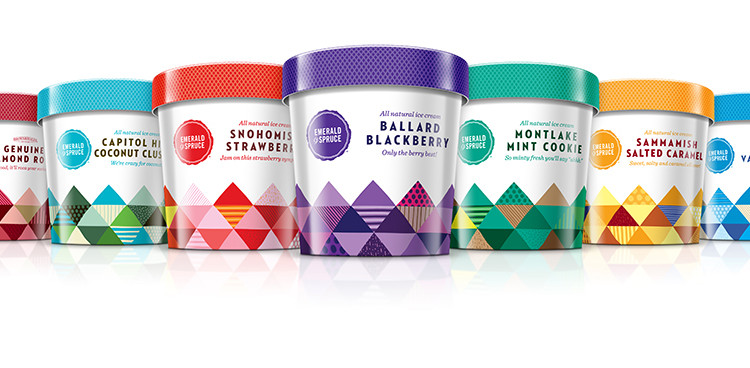Tips for Success with Amazon Private Label
Amazon private label products are one of the most effective methods to maximize your e-commerce profit. Choosing to go private label on Amazon is a process, though – and a commitment. Navigating this path isn’t “easy money” by any means. From sourcing the right product to protecting your private label brand from Amazon hijackers, all the private label professionals have a unique playbook that outlines the key factors for success.
CJ Rosenbaum, Esq., one of the founding partners at Rosenbaum Famularo, PC, states, that “all Amazon Sellers who are developing their Private Label Brands should file for their trademarks and other Intellectual property rights as they develop their private label brands. Obtaining an approved trademark makes enforcing your intellectual property rights easier and faster.”
If you’re considering selling a private label product but don’t know where to start, here are a few tips for developing a successful Amazon private label brand.
Find Your Product. Sourcing products for Amazon is no small feat. When you are searching for a great product to turn into your private label, there are a few things to look for: 1) Average price (look for a maximum price of about $50-60), 2) Simple, durable and small in size, 3) Low competition in the market. If you can customize the initial product with an added feature, even better – this will set your product apart from your competitors. CJ states that “one of the best ways to develop your private label products are to use your interests as a tool: what do you love? What products do you use that you can improve?”
Another method Amazon Sellers can use to develop their private label brands is to find products that do well where there are add-ons the private label seller can improve. For example, the best selling coffee press may lack a great filter.

Find Your Supplier. Like the definition states, private label products are manufactured by an outside supplier that sellers then convert into their private label brand. A reliable supplier with a quality product should allow you to make a reasonably low quantity purchase the first time you buy from them. This way, you are not taking a major financial risk by purchasing a product in bulk that won’t sell. You can begin looking for a private label supplier with a simple Google search. Contact several manufacturers of your desired product to get a better idea of who to work with. Visit China or other countries where you can source your private label product. When an Amazon Seller goes to China and meets with factory owners, he or she may get better pricing and better quality. Develop relationships with your suppliers.
Consider Additional Costs and Potential Issues. Be sure to thoroughly research the market for your product, as well as your supplier and their operations, policies and regulations. For example, a large and heavy item will incur a significant extra cost for shipping, and an easily breakable item will lead to a higher number of customer complaints. Also, be sure to refer to Amazon’s restricted product list to make sure your Amazon private label product of choice does not fit into any of those categories. To protect your product, look into Amazon Brand Registry, which prevents hijacking and other listing issues.